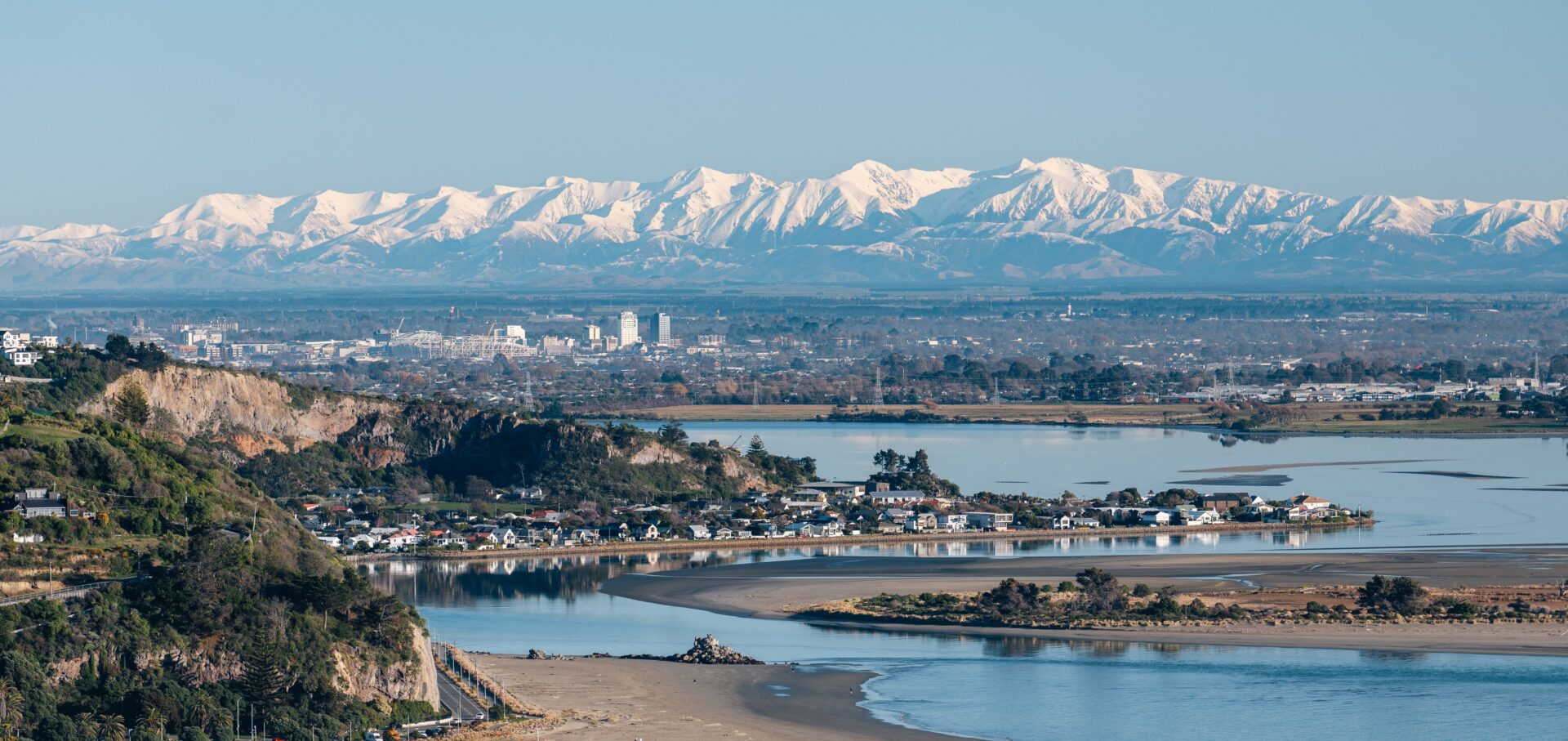The Art of Climate Conversation
Artists and climate scientists speak
How can art and science inform each other to communicate compelling information about the climate crisis? This series of talks brings together climate scientists and artists to discuss their practices, communities, and narratives around climate change.
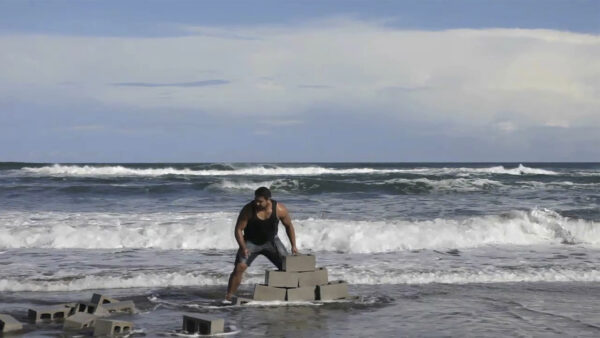
A series of free 40 minute lunchtime talks at 12.45pm October 13, 14 & 15. Philip Carter Family Auditorium, Christchurch Art Gallery Te Puna o Waiwhetū, Corner Worcester Boulevard and Montreal Street.
Presented in partnership with Christchurch Art Gallery Te Puna o Waiwhetū
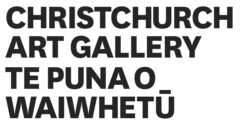
Monday 13 October, 12.45pm - 1.20pm Tiana Malina Te Rongopatahi Mo’iha in conversation with Hetxw’ms Gyetxw (Brett D. Huson) and Moderator Dr Chandni Singh.
Tiana is a Kanaka Maoli and Tongan cultural practitioner of multi-ethnic ancestry, originally from Hāna, Maui. She currently divides her time between Hawai‘i and Aotearoa, where she lives with her wife and keiki. She is the 2025 Artist in Residence, Macmillan Brown Centre for Pacific Studies, as well as the CEO of Indi-geniUS mind(s); a Cultural Educator with Purple Maia; and an Indigenous Engineer and Architect trained through Halau Hale Kuhikuhi, under renowned hale builder Kumu Francis Sinenci. Her practice weaves together ancestral technologies and creative expression – from hale building, aho braiding, and lei making, to ukulele, mele, and mo‘olelo (storytelling). Tiana is guided by a commitment to relational knowledge-sharing, healing, and Indigenous innovation. Her work builds connection – to each other, to place, and to the futures we are collectively shaping.
Hetxw’ms (Brett) is a proud member of the Gitxsan Nation from the Northwest Interior of British Columbia, Canada and a multi-award-winning author. He is the Founder and President of Aluu’taa, an Indigenous research and research support hub, and a member of the AF2025 Scientific Steering Committee.
Chandni is an international climate scholar working at the Indian Institute for Human Settlements on issues of climate change adaptation, differential vulnerability and wellbeing, disaster risk and recovery, livelihood transitions, and rural-urban migration. She was a Lead Author of the IPCC’s Assessment Report 6 in 2022 on ‘Impacts, Adaptation, and Vulnerability’ and has led and collaborated on diverse programmes with Reading University (UK), Bio-Diversity International (Italy), Pragya, and WWF India across South Asia and sub-Saharan Africa.
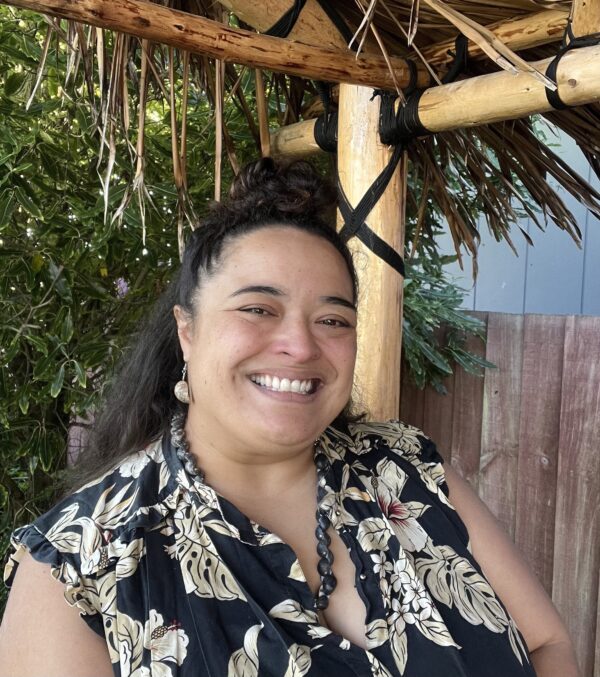 | 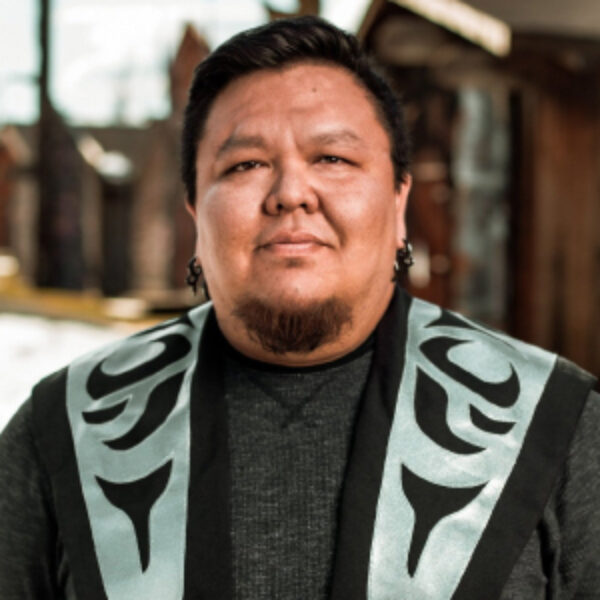 | 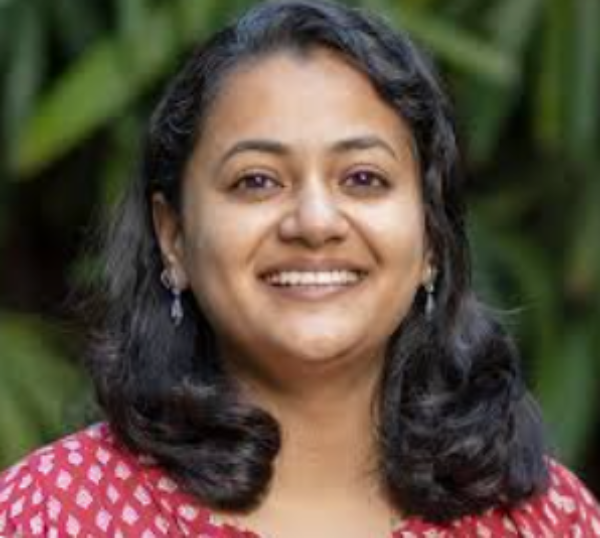 |
Tuesday 14 October, 12.45pm - 1.20pm John Vea in conversation with Dr. Adelle Thomas, and Moderator Prof Sandy Morrison.
John is an Ōtautahi Christchurch based artist who works with sculpture, video and performance art. Vea examines narratives of labour, migration and gentrification that exist within Te Moana Nui a Kiwa. By enacting stories that have been collected through everyday interactions with people, he offers a humorous and powerful counterpoint to the Western meta-narrative. Vea’s work has been recently exhibited at Christchurch Art Gallery (2025); Busan Biennale (2024); Gus Fisher Gallery (2023); 4A Centre for Contemporary Asian Art (2019); Auckland Art Gallery Toi o Tāmaki (2018); Dunedin Public Art Gallery (2018); and the Honolulu Biennale (2017). Vea completed his Ph.D. at Auckland University of Technology in 2021 and is currently a Lecturer at University of Canterbury.
Adelle is a distinguished Senior Scientist in Climate Analytics and a Senior Fellow at the Climate Change Adaptation and Resilience Research Centre of the University of The Bahamas, and has been elected to Working Group II of the Intergovernmental Panel on Climate Change (IPCC).
Sandy is a Professor in Waikato University’s Faculty of Māori and Indigenous Studies and a member of the Scientific committee of the World Adaptation Science Programme (WASP). She is a coordinating lead author of the Australian climate adaptation chapter for the intergovernmental Panel on Climate Change (IPCC ). Her research in climate change, sustainability, adult education and Indigenous development informs her leadership roles, including as Vision Mātauranga Lead for the Deep South National Science Challenge and as Vision Mātauranga Co-Lead for the Antarctic Science Platform.
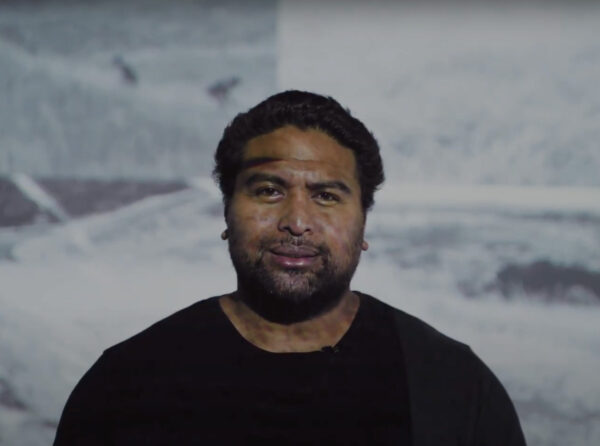 | 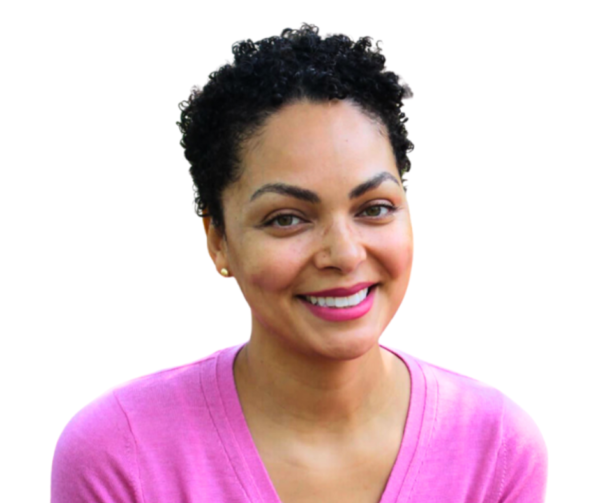 | 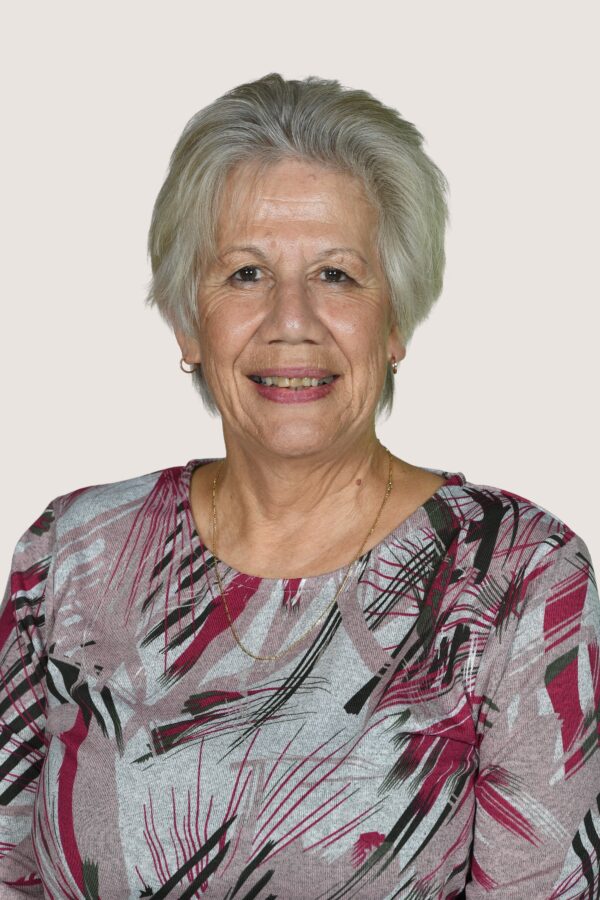 |
Wednesday 15 October, 12.45pm - 1.20pm Conor Clarke in conversation with Prof James Renwick (CRSNZ) Moderator Sacha McMeeking
Conor (Waitaha, Ngāti Māmoe, Ngāi Tahu, Irish, and Welsh) is an artist and lecturer in photography at Ilam School of Fine Arts, the University of Canterbury Te Whare Wānanga o Waitaha. Her practice explores our relationship with the living world, ecology, landscape, and more recently, the endemic and endangered Kaikōura tītī (Hutton's shearwater). This unique, mountain-dwelling seabird informs and enriches her ancestral connection to place and approach to knowledge gathering and art-making.
James is a leading climate scientist from New Zealand who works on atmospheric physics, weather and climate at Victoria University Wellington. In 2019, he won the Prime Minister’s award for science communicator of the year, and will explain why he's invested the prize money into bringing artists and scientists together.
Sacha (Ngāi Tahu, Ngāti Mutunga) is an academic, lawyer, activist, and strategic consultant, who has worked on diverse tribal projects nationally and with the UN and NZ Treasury, and has co-led a Deep South Science Challenge supporting Indigenous youth in a changing climate.
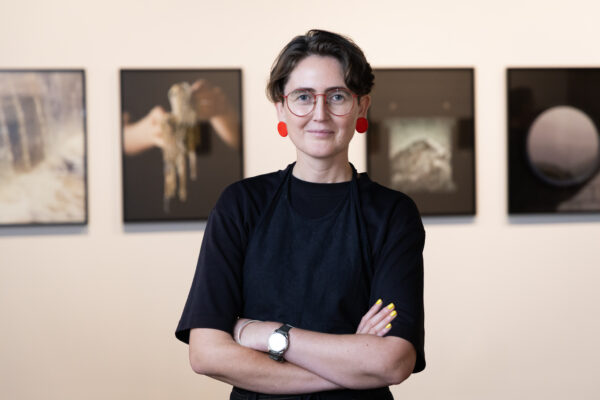 | 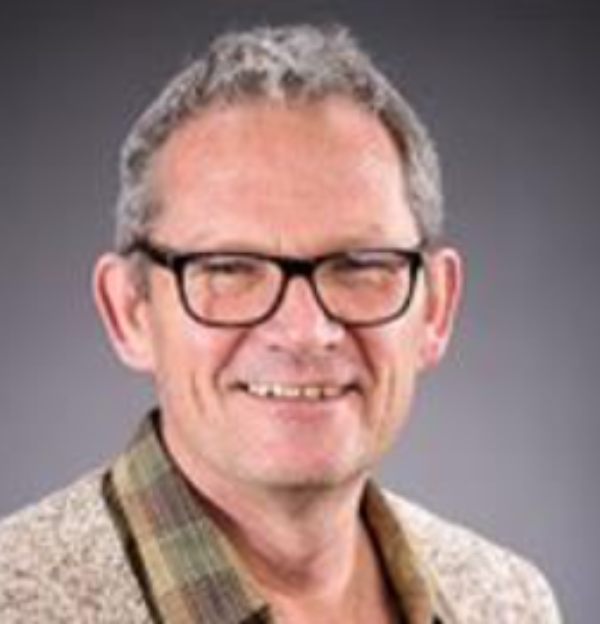 | 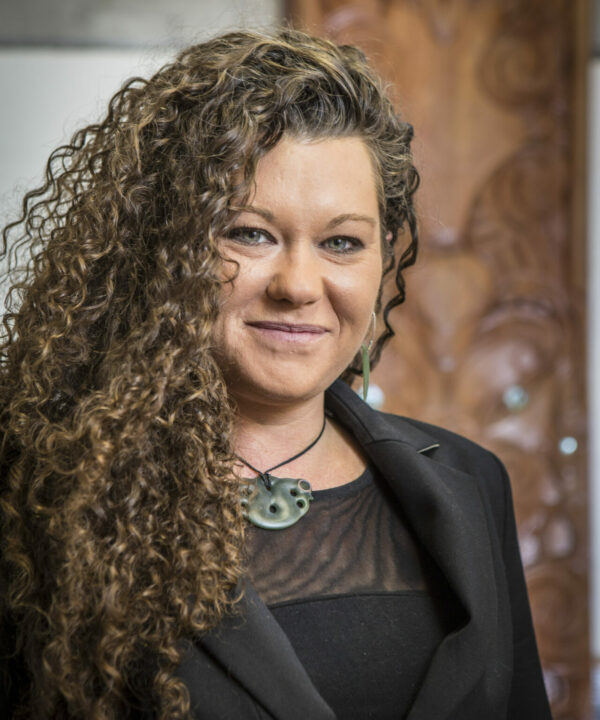 |

